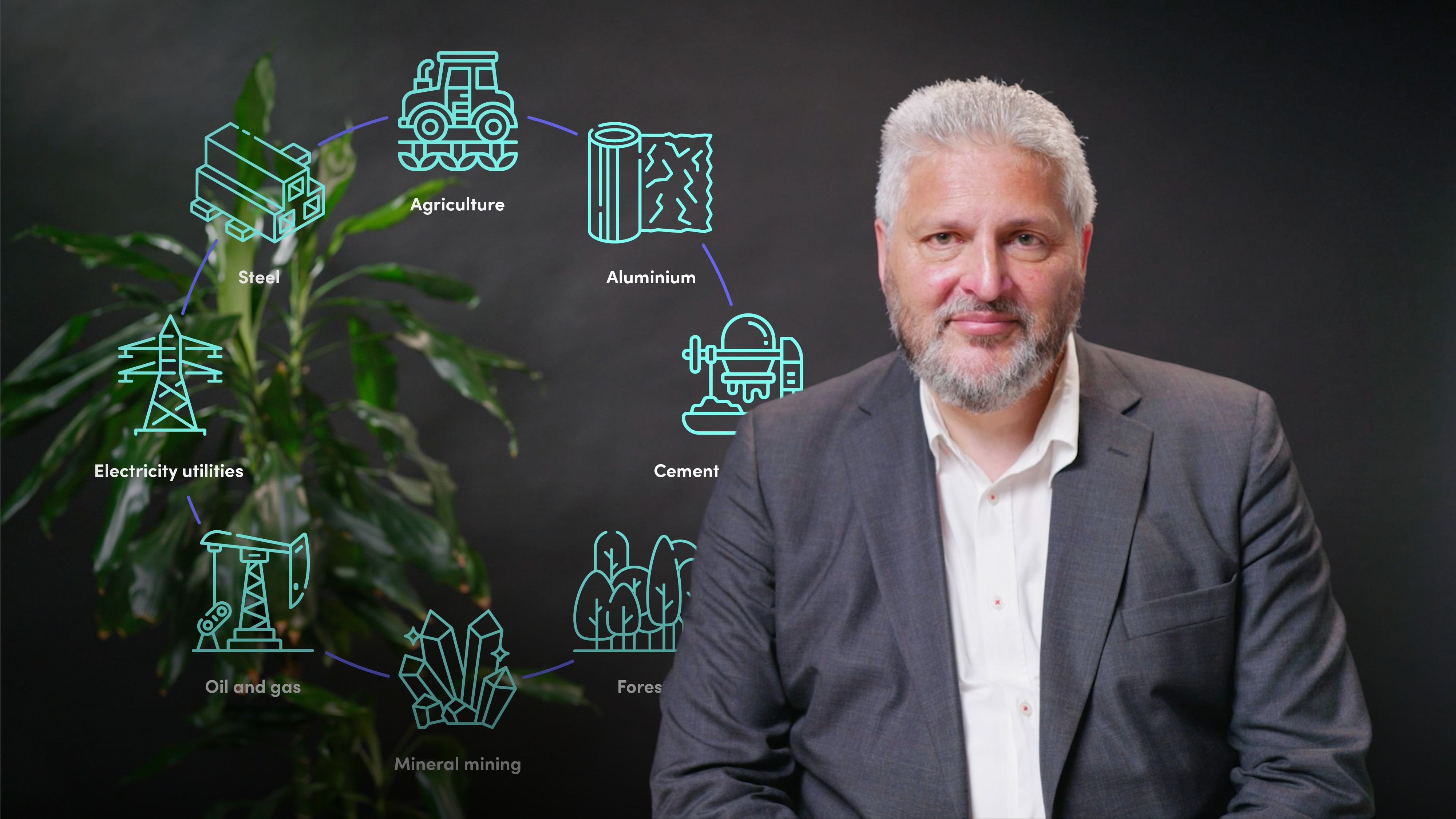
Selected Americas ESG Taxonomies

Keith Mullin
35 years: Capital markets editorial
In this video, Keith looks at the developments of ESG taxonomies in the Americas. He focuses on the US and Canada, discussing the challenges they face in developing a taxonomy and the lack of progress in comparison to other countries in the region such as Colombia, Brazil, Chile, and Mexico. He also looks at the challenges Canada faced in its attempts to work on a transition taxonomy through its private sector and the lack of consensus among committee members. This video will provide an overview of the challenges and obstacles faced by the US and Canada in their efforts to address climate change and promote sustainable finance.
In this video, Keith looks at the developments of ESG taxonomies in the Americas. He focuses on the US and Canada, discussing the challenges they face in developing a taxonomy and the lack of progress in comparison to other countries in the region such as Colombia, Brazil, Chile, and Mexico. He also looks at the challenges Canada faced in its attempts to work on a transition taxonomy through its private sector and the lack of consensus among committee members. This video will provide an overview of the challenges and obstacles faced by the US and Canada in their efforts to address climate change and promote sustainable finance.
Subscribe to watch
Access this and all of the content on our platform by signing up for a 7-day free trial.

Selected Americas ESG Taxonomies
8 mins 11 secs
Key learning objectives:
Outline the progress towards taxonomies in the US and Canada
Outline the progress towards taxonomies in Latin America
Overview:
Taxonomies are being developed in various countries in the Americas, with Colombia being the first in the Western Hemisphere to create a green taxonomy. Other countries such as Brazil, Chile and Mexico are also working on similar initiatives. However, the United States and Canada are lagging behind in the race to develop taxonomies.
Subscribe to watch
Access this and all of the content on our platform by signing up for a 7-day free trial.
How are the US and Canada progressing towards Green Taxonomies?
The US and Canada are lagging behind in the race to develop green taxonomies. Work on a US taxonomy is still in the conceptual stage, and progress on the Democrats' congressional resolution in support of a Green New Deal has been limited.
The Canadian government is facing challenges in developing a green taxonomy. The development of a transition taxonomy has been left to the private sector, specifically to the CSA Group, an international standards organization, which created a Technical Committee for Transition and Sustainable Finance. However, in the late spring of 2022, CSA Group paused its facilitation activities due to fundamental differences of opinions among committee members and lack of consensus on the draft foundations document. CSA is now working with the Sustainable Finance Action Council and government stakeholders to determine the next steps. Additionally, the initiative has faced criticism for lacking representation from climate experts, civil society and indigenous groups, and for stacking sub-committees with people who would water down any attempts to draft a robust taxonomy. The Canadian government has published its 2030 Emissions Reduction Plan, but it is unclear what the next steps for the taxonomy will be.
What progress towards Green Taxonomies has there been in Latin America?
Colombia was the first country in the Americas to publish a green taxonomy in September 2021, with the goal of cutting GHG emissions by 51% by 2030. The taxonomy focuses on land use and provides a blueprint for regulatory follow-on to develop Colombia’s green finance market. Other Latin American countries, such as Chile, are further behind in the development of taxonomies. Chile has commissioned the Climate Bonds Initiative to prepare the Taxonomy Roadmap for Chile as a step towards consolidating the Local Green Finance agenda. The roadmap recommends Chile focus on climate change and other environmental indicators in priority sectors such as energy, transport, construction, and mining, and adapt and modify international taxonomies to local circumstances.
Subscribe to watch
Access this and all of the content on our platform by signing up for a 7-day free trial.

Keith Mullin
There are no available Videos from "Keith Mullin"





























